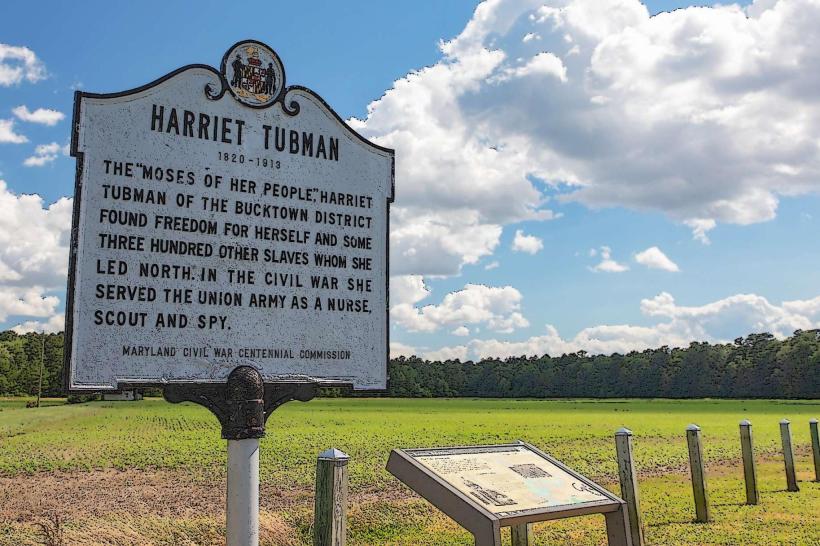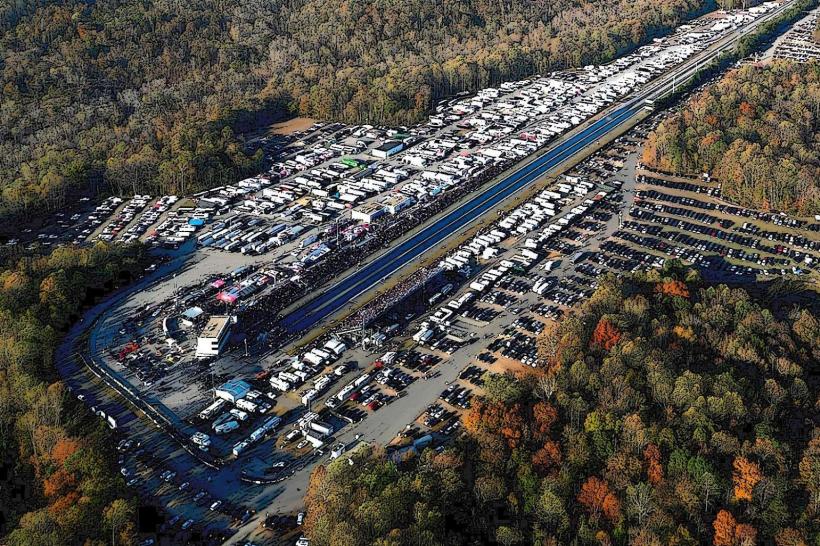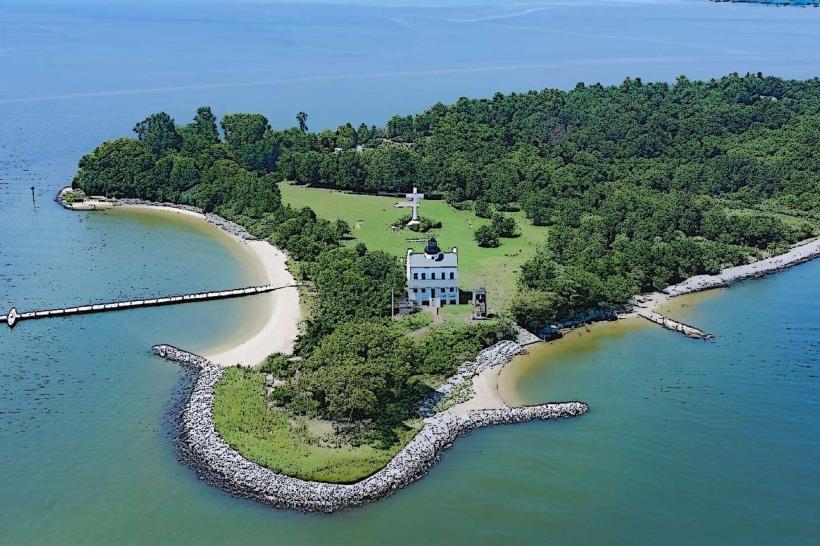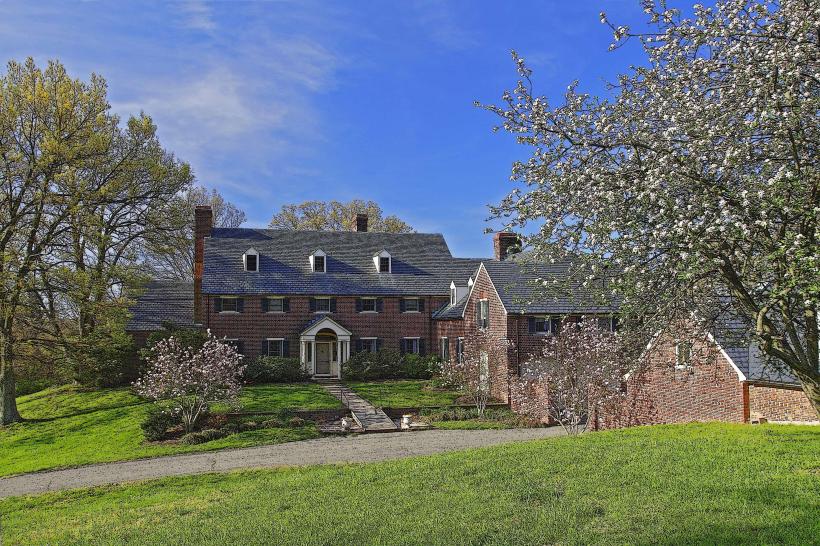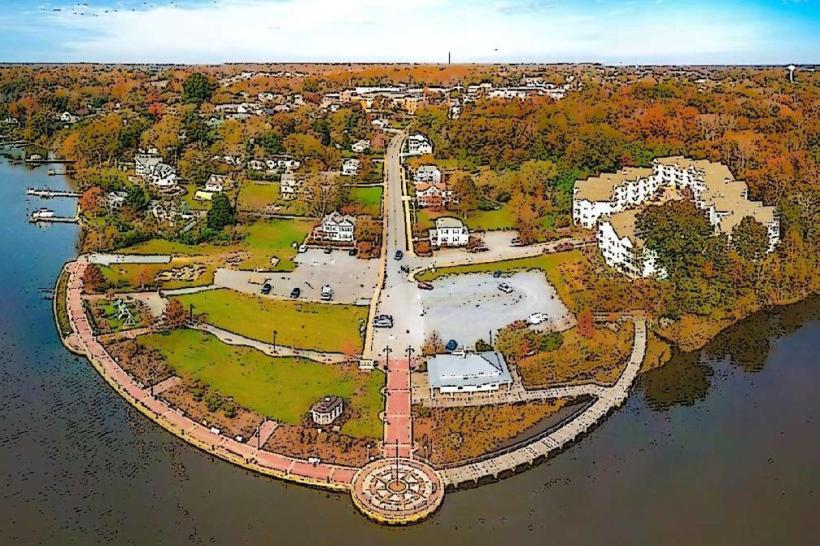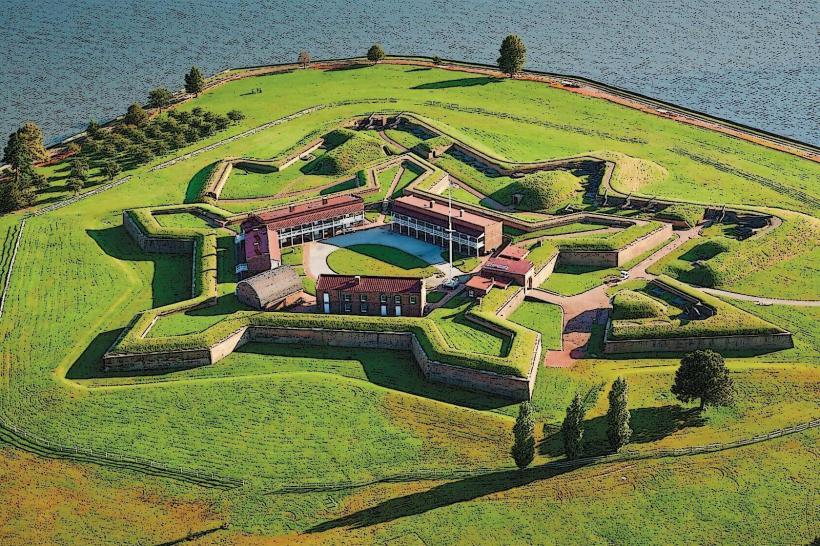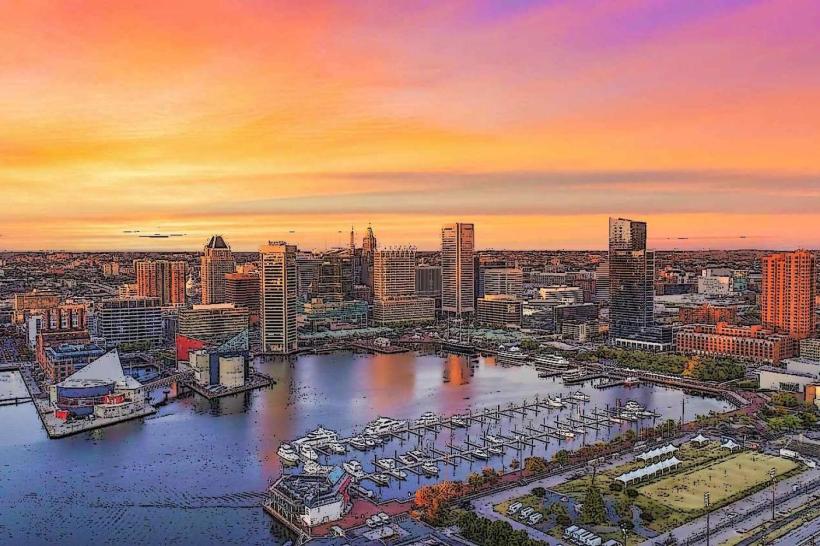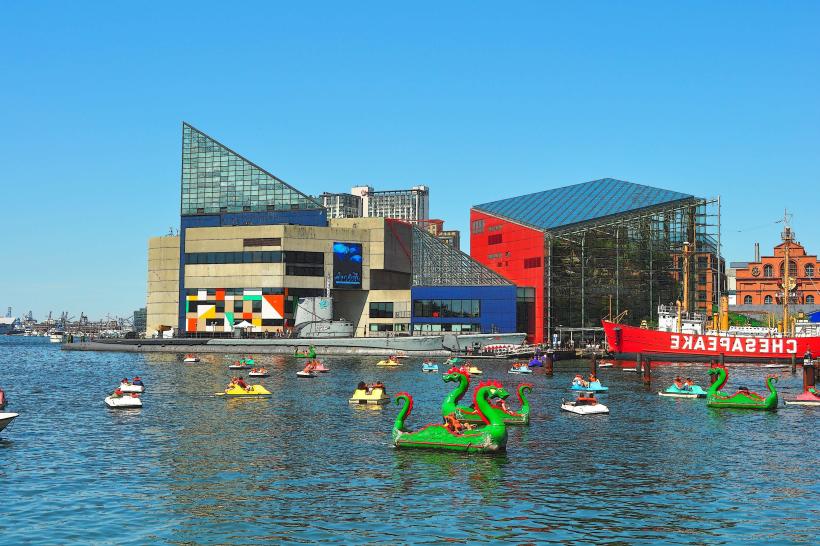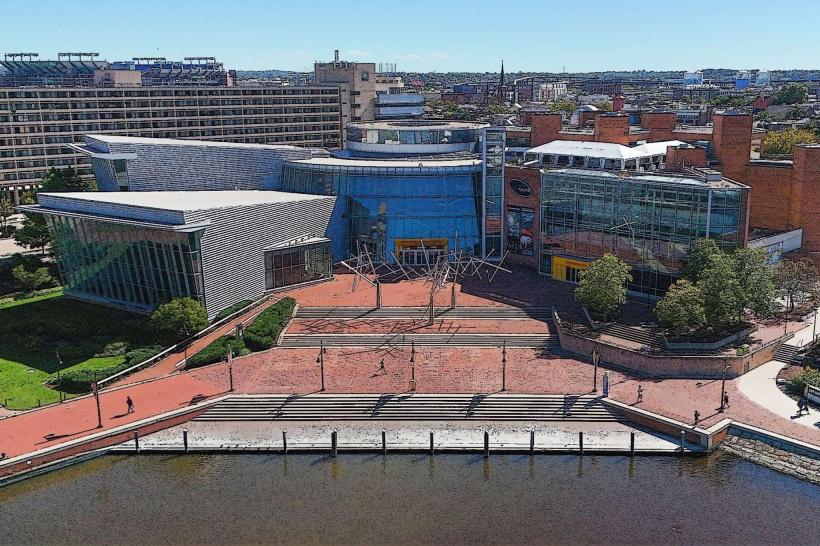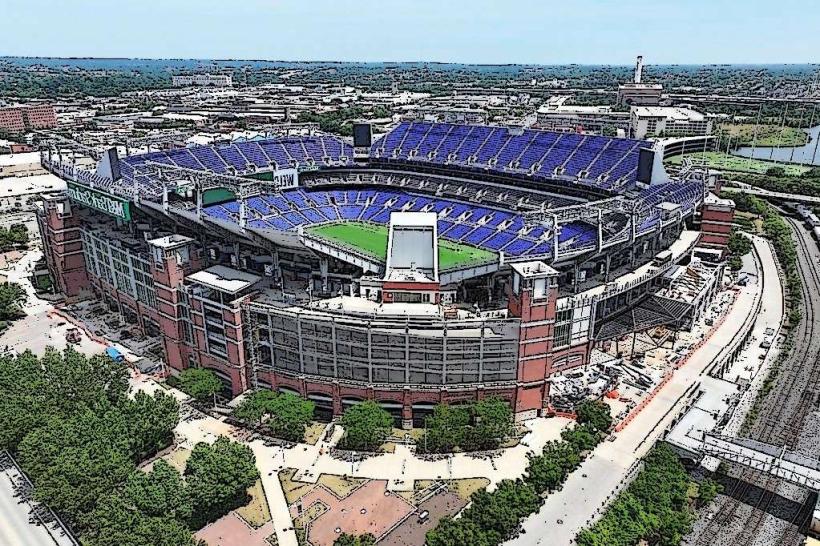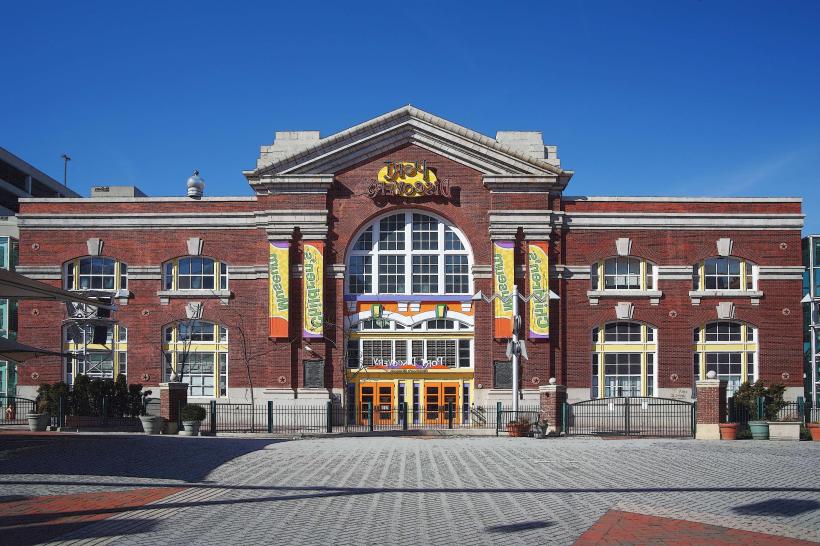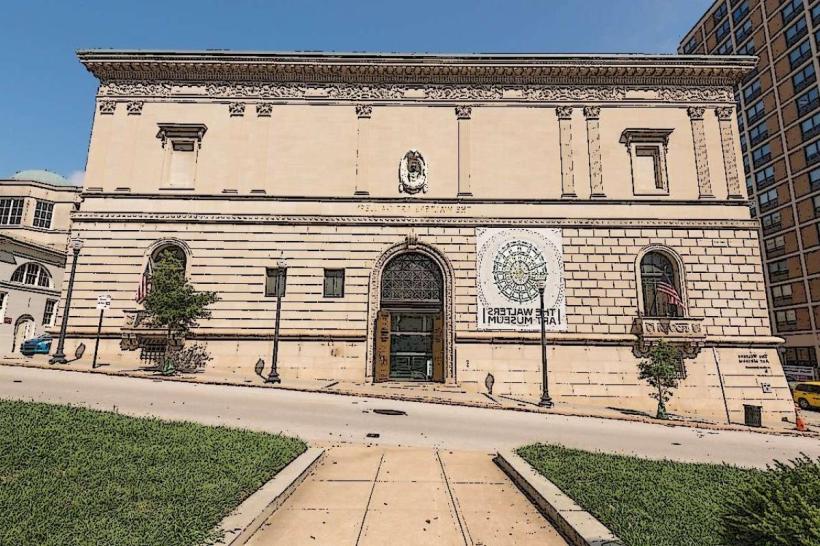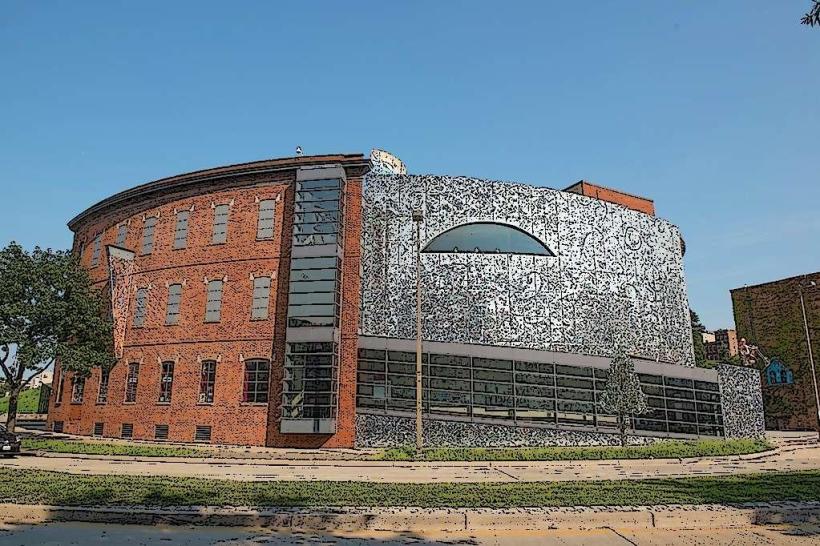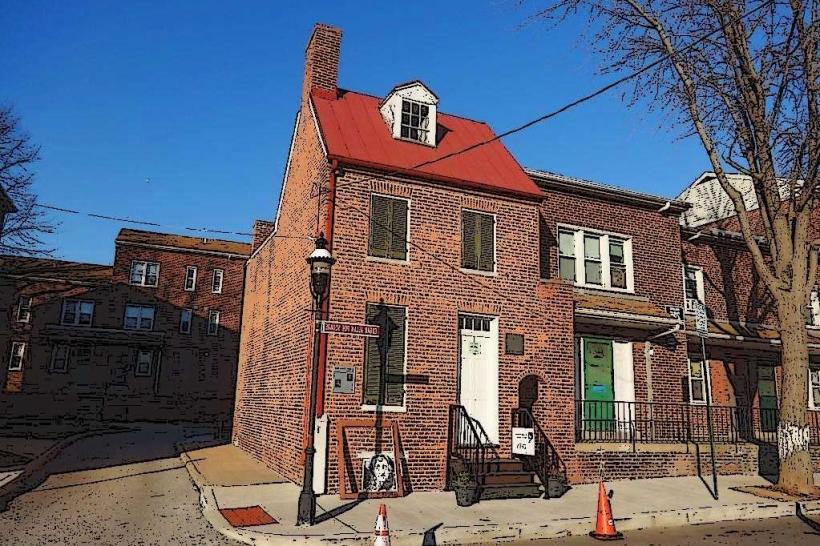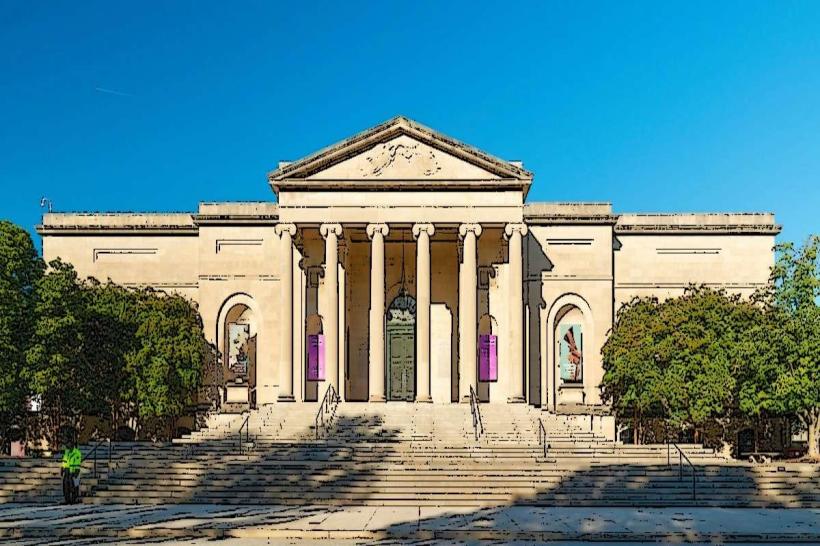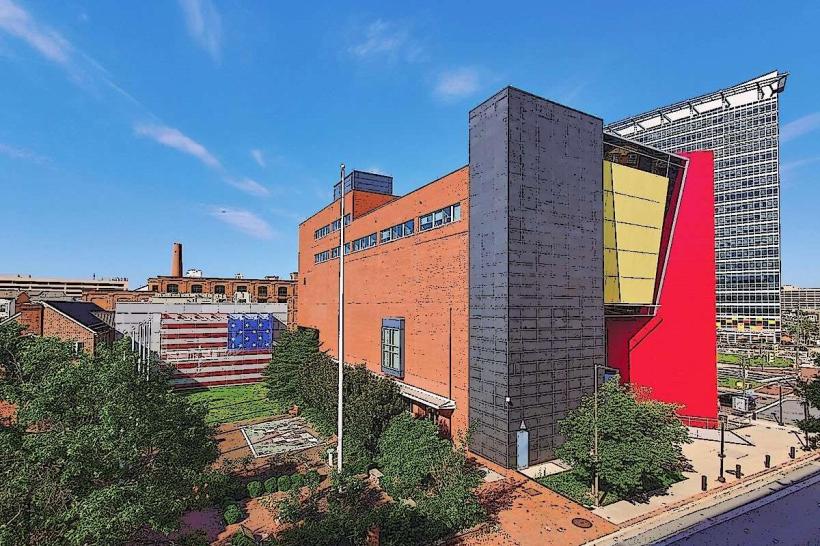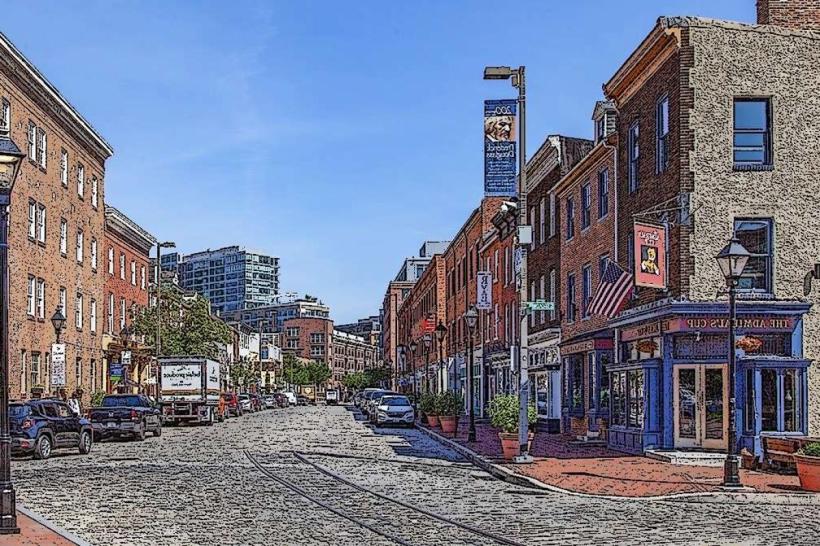Information
Landmark: George Peabody LibraryCity: Baltimore
Country: USA Maryland
Continent: North America
George Peabody Library, Baltimore, USA Maryland, North America
The George Peabody Library, located at 17 East Mount Vernon Place in Baltimore, Maryland, stands as a breathtaking monument to both architectural grandeur and scholarly pursuit. Often hailed as the "Cathedral of Books," this library is renowned worldwide for its stunning 19th-century design, extensive collections, and its role as a center for historical research and cultural enrichment.
Historical Background and Founding
The library was established in 1878 through the philanthropic efforts of George Peabody, a wealthy businessman and philanthropist who sought to promote education and culture in Baltimore. Peabody’s vision was realized with the help of architect Edmund George Lind and the guidance of the library’s first provost, Dr. Nathaniel H. Morison. The goal was to create a research library that would serve both the public and the academic community, especially supporting Johns Hopkins University, which was newly founded at the time.
Architectural Significance
The George Peabody Library’s interior is a masterpiece of Victorian design, often considered one of the most beautiful library spaces in the world. The building is centered around a soaring marble-clad atrium that stretches five stories high, capped by an elegant frosted glass skylight. Surrounding this open space are five tiers of intricately detailed, cast-iron balconies with ornate railings and columns painted in rich colors, creating a sense of lightness and vertical grandeur.
The interplay of natural light filtering through the skylight with the warm hues of the ironwork and dark wood shelving evokes a serene and awe-inspiring atmosphere, making the library as much a work of art as a functional space. The careful symmetry and ornamentation embody the 19th-century ideals of beauty, order, and knowledge.
Collections and Resources
The library’s collection includes over 300,000 volumes, predominantly focusing on the 18th and 19th centuries. It is especially strong in fields such as religion, history, art, architecture, exploration, travel, and the history of science. The holdings encompass rare books, first editions, manuscripts, maps, and historical documents.
Among the library’s prized possessions are first editions from prominent authors such as Edgar Allan Poe-who has strong ties to Baltimore-Nathaniel Hawthorne, Herman Melville, and H.L. Mencken, a famed Baltimore writer and critic. The library also houses a first edition of Charles Darwin’s On the Origin of Species and an extensive 28-volume edition of Denis Diderot’s Encyclopédie, a seminal work of the Enlightenment era. Early editions of Don Quixote and other classic literature further enrich the collection.
These resources make the Peabody Library a vital center for researchers, historians, and bibliophiles interested in American and European intellectual history and cultural heritage.
Visitor Experience
The George Peabody Library is open to the public free of charge and offers a peaceful sanctuary amid the urban bustle of Baltimore. Visitors are drawn not only by the collection but also by the library’s architectural beauty, which has made it a favorite location for photography, filming, and cultural events.
Inside, visitors can walk along the cast-iron balconies and marvel at the towering stacks filled with leather-bound volumes. The library’s layout and design encourage quiet contemplation and study, with comfortable reading areas and natural light enhancing the ambiance.
The library occasionally hosts special exhibitions, lectures, and private events such as weddings and receptions, capitalizing on its majestic interior space and historic significance.
Location and Accessibility
Situated in Baltimore’s Mount Vernon cultural district, the library is easily accessible by various modes of transportation. It is within walking distance from the Lexington Market Metro Station and several bus routes serving downtown Baltimore.
Street parking is limited, but several public parking garages are nearby. Its central location also makes it convenient for visitors exploring other cultural landmarks in the area, including the Walters Art Museum and the Baltimore Symphony Orchestra.
Cultural and Educational Impact
The George Peabody Library remains a cornerstone of Baltimore’s intellectual life and a symbol of the city’s commitment to education and the arts. As part of the Johns Hopkins University Sheridan Libraries system, it continues to support academic research while welcoming the general public to experience its treasures.
The library’s preservation of rare texts and its architectural splendor offer a bridge between past and present, inspiring new generations to appreciate literature, history, and the power of knowledge.
Summary
The George Peabody Library is much more than a repository of books; it is an architectural jewel and a cultural beacon in Baltimore. Its soaring atrium, intricate ironwork, and priceless collections create a space where history, art, and scholarship converge. Whether for scholarly research or leisurely admiration, a visit to the Peabody Library offers an unforgettable experience steeped in beauty, learning, and heritage.



